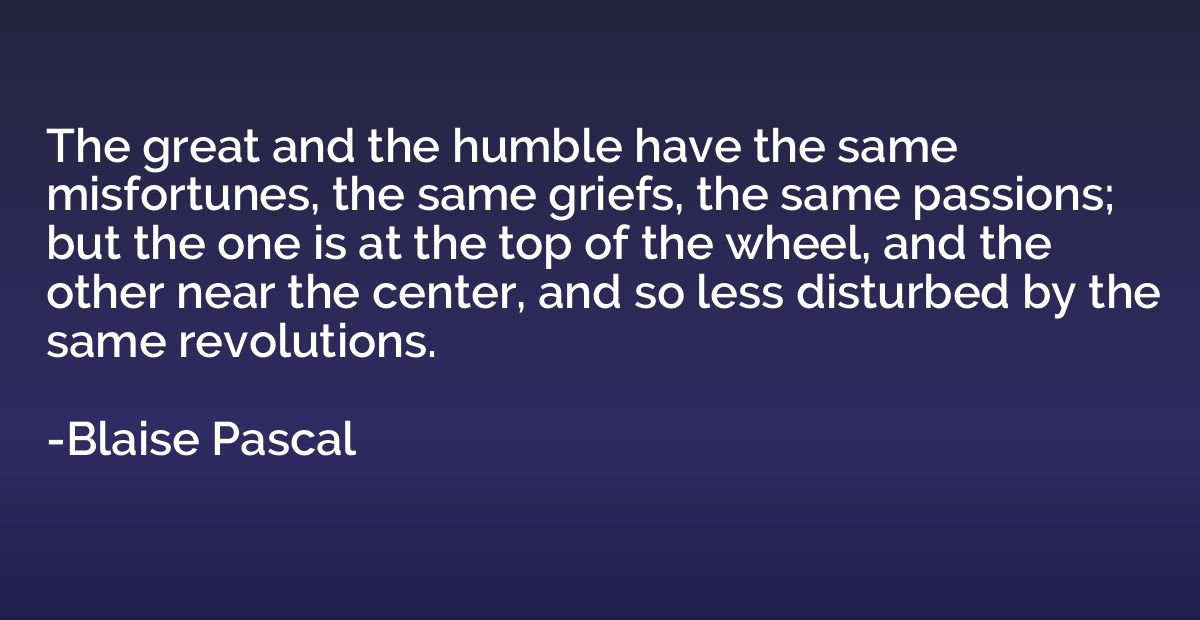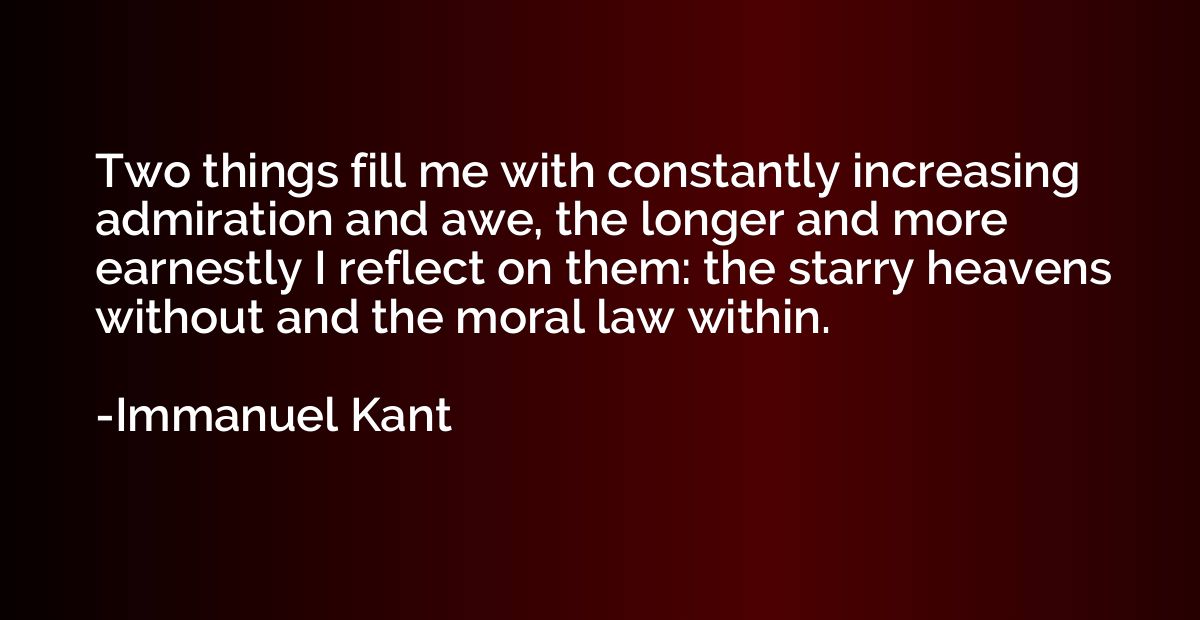Quote by Alfred Bester
Now, these men weren't idiots. They were geniuses who paid a high price for their genius because the rest of their thinking was other-world. A genius is someone who travels to truth by an unexpected path. Unfortunately, unexpected paths lead to disaster in everyday life.

Summary
This quote highlights the paradoxical nature of genius; while geniuses possess exceptional abilities and insights, their unconventional thinking often leads them to be out of sync with the rest of society. Although geniuses may uncover truth through unconventional paths, their unique perspectives can also lead to personal and societal upheaval. The quote suggests that geniuses pay a price for their brilliance, mainly because their unconventional thinking does not always align with everyday norms, resulting in potentially disastrous consequences.














